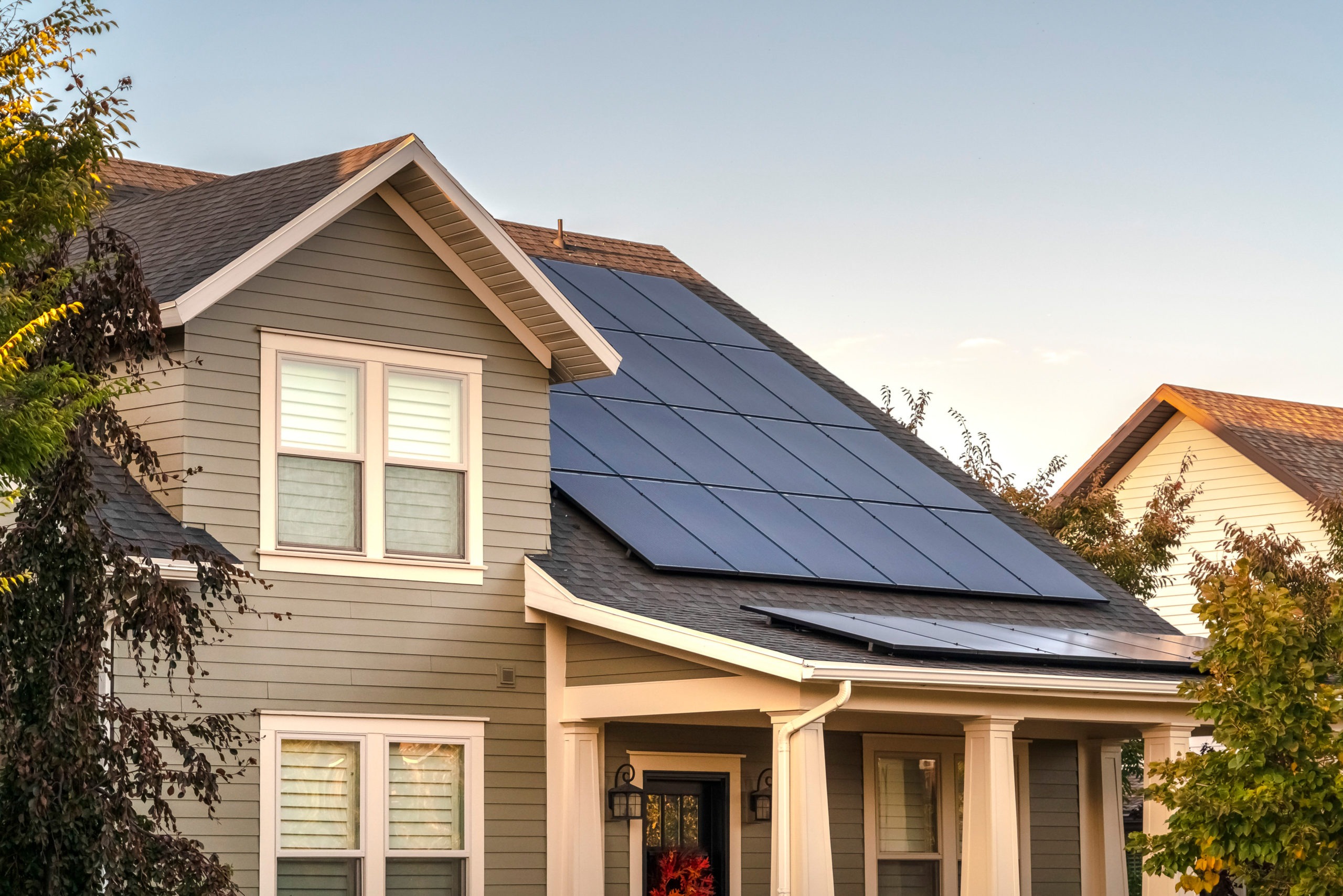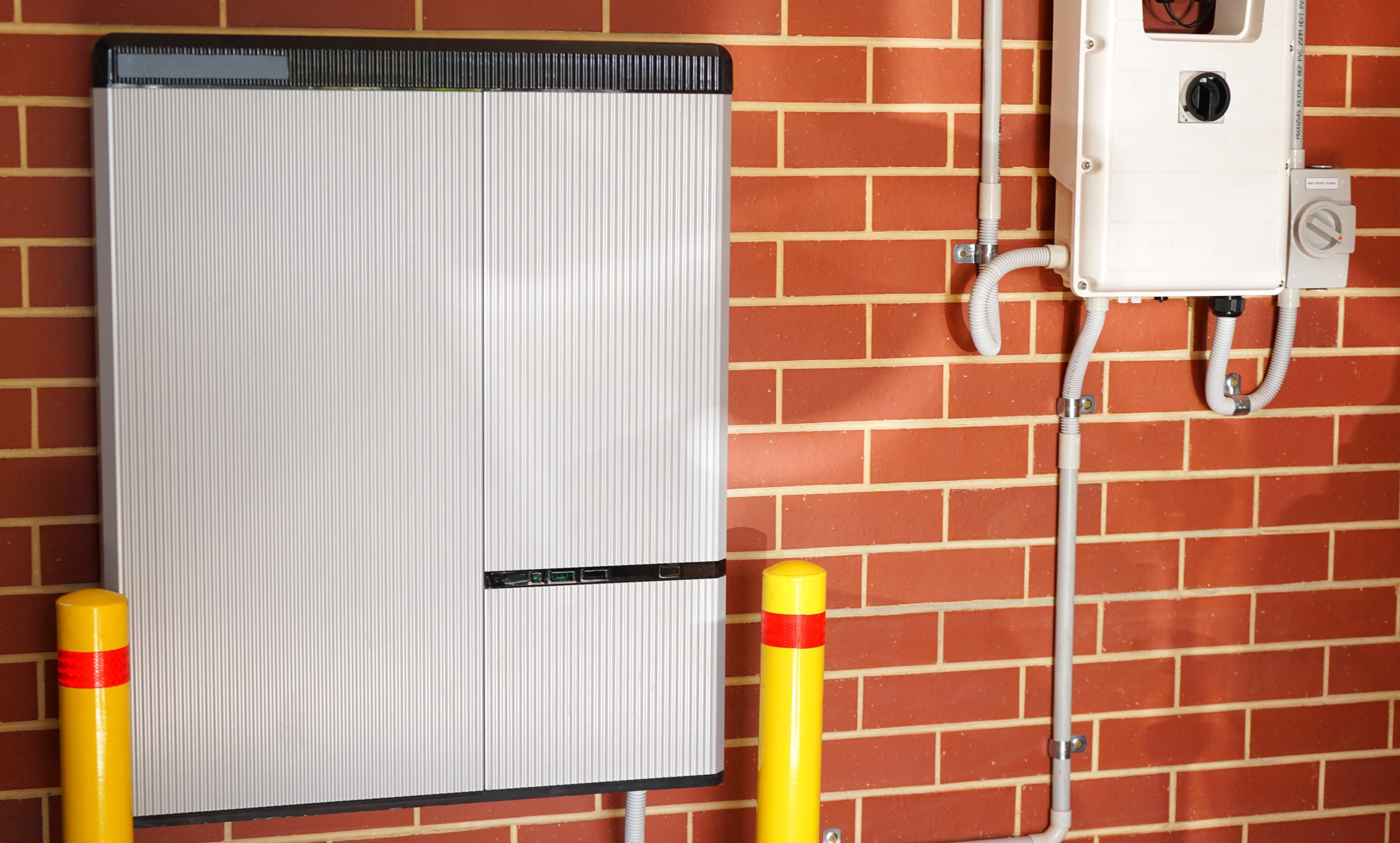Electricity is essential at home for several reasons. It’s used for heating, cooling, cooking, comfort, and entertainment. However, paying electric bills monthly can be costly. This is where solar panels as an alternative energy source come into play.
Generally, a solar panel refers to a device designed to absorb sunlight and convert it into electricity that you can use at home. Investing in solar panels has many benefits, including reduced electricity bills, energy independence, and positive environmental impact.
But despite being a great source of electricity, a solar panel system also needs backup, especially during colder months and when the sun isn’t fully up. This is where a solar battery enters the picture.
What Is A Solar Battery?
A solar battery refers to an energy storage device that provides power backup. To get the most out of solar energy, it’s advisable to have this storage device in your home. As mentioned, a solar battery can aid your solar panel system, especially when it can’t generate enough electricity for your household.
However, finding the perfect solar battery can be a difficult task since there are many options to choose from. In this article, we’ll outline to help you choose the right solar battery for your home.
1. Familiarize The Different Types Of Solar Batteries
When selecting a solar battery for your home, it’s essential to know the different battery types first. In doing so, you’ll be familiar with how it works and its various chemical compositions. You’ll then be in a better position to choose a solar battery for your home.
The two common types of lithium-ion solar batteries available in the market are the lithium iron phosphate (LFP) battery and the nickel manganese cobalt (NMC) battery. While they can both be good choices, there are pros and cons that you should get familiar with about them.
For example, LFP solar batteries are popular because of their excellent performance and long-lasting quality. On the other hand, NMC batteries are also famous because they’re a bit less expensive than LFP batteries. But if you’re looking for a solar battery ideal for full-time residential use, the lithium iron phosphate type can be an excellent option.
Indeed, there are different types of solar batteries to consider before selecting. Thankfully, many providers out there offer a wide range of solar battery products you can choose from. For instance, you may want to have a peek here or browse through other websites to collect more information about your options.
2. Factor In Some Important Specifications
It’s also essential to know that not all solar batteries are created equal. Because of this, you need to factor in the battery’s specifications when choosing the appropriate one for your home.
Some common features to look into can include:
- Power Rating: Power rating is expressed or measured in kilowatts or Amps. This represents the number of home appliances a solar battery can operate. So, if you’re planning to power up several major appliances, you should pick a solar battery with a high-power rating. To help you know if the power rating of your prospect is enough, start by calculating your household’s electricity needs.
- Battery Capacity And Storage: You’d also need to factor in the battery’s capacity. This refers to how long your solar battery will run and service you before it gets drained. If your household needs more power, it’s recommended to get a solar battery with a high capacity, so you’ll never run out of solar energy for all your appliances within a certain period. Additionally, you should also check for the amount of solar power it can store.
- Safety Rate: This depicts a solar battery’s quality of safety standards. Your prospect battery should be certified and able to meet the safety requirements. It’s also essential to check and know the battery’s temperature tolerance, as this can affect its performance and longevity. Ideally, solar batteries should be stored in a temperature-controlled room, but there may be instances when the energy storage device is temperature-sensitive. This is a critical consideration for people living in places with extreme weather.
3. Check The Lifespan And Warranty
A solar battery is a significant investment. And considering how beneficial it is for your solar system, it’s essential to check your prospects’ lifespan or expected years of service. Generally, lead-acid batteries could last about three to five years. But with the introduction of new battery types, including lithium batteries, you can get the most out of them for a more extended period. Even if you use them regularly, the lithium batteries are expected to last approximately ten years.
In addition, it’s also best to consider the warranty details and coverage of the battery you’re looking to invest in. Ideally, the longer the warranty period, the more favorable it is. To know if you’re getting a good deal, read carefully the clause indicated by the solar battery service provider or brand.
Wrapping Up
Investing in solar panels and batteries for your home can be a good way to save electricity bills and live sustainably. But the key to getting the most out of this significant investment is finding the right equipment to install.
Hopefully, by keeping the information mentioned above in mind, you can choose a suitable solar energy storage device for your residential property.


